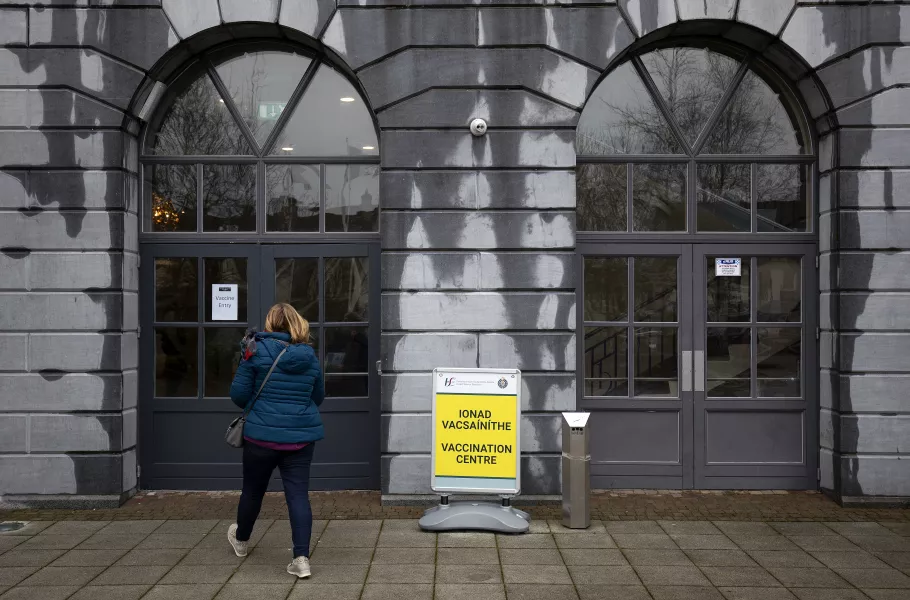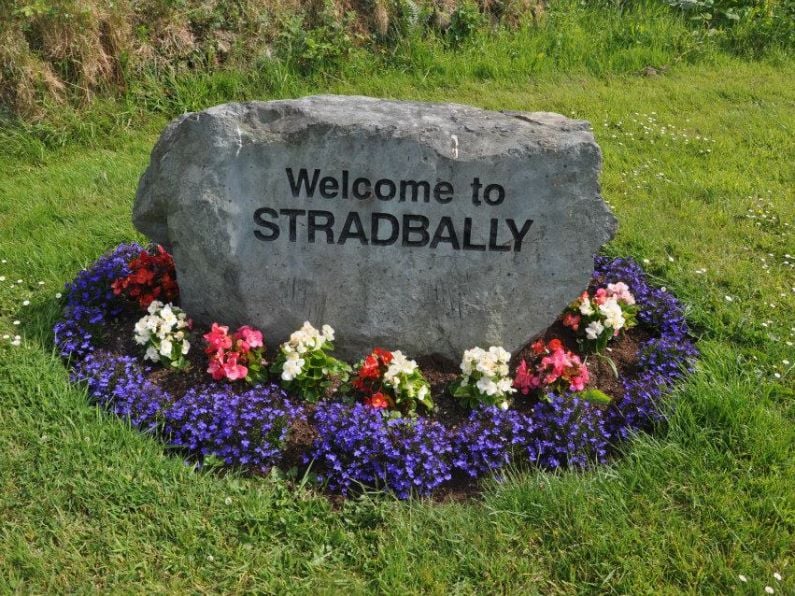By James Ward, PA
People who are less likely to follow news coverage about Covid-19 are more likely to be vaccine hesitant, a study suggests.
A study by the Economic and Social Research Institute’s (ESRI) Behavioural Research Unit found a link between a reluctance to take the vaccine and a lack of knowledge and awareness of its benefits.
The Department of Health-funded study conducted a knowledge test and survey of attitudes among a nationally representative scale sample of the Irish population in January 2021.
It found that the less people followed news coverage about Covid-19, the less likely they were to want to take the vaccine.

Dr Deirdre Robertson, lead researcher on the study, said: “These results suggest that some people who are unsure about taking the Covid-19 vaccine may not know enough about it.
“The results suggest that providing factual information about how the vaccine was developed and tested, and the real-world effectiveness of the vaccines at preventing illness, may bridge this gap in knowledge.”
Participants in the study completed a series of tasks designed to find out what they think about the vaccine, how much they know about it, what they see as the greatest risks and benefits, and whether they plan to take it.
A multiple choice quiz asked them questions on what they knew about the effectiveness of the jab, the development process, possible side effects and cost.
The minority of participants planning not to take the vaccine, or who were unsure, scored substantially more poorly on the quiz than the majority planning to take it.
Those planning to take the vaccine got an average score of 67 per cent, compared with 50 per cent for those who were unsure and just 37 per cent for those planning not to take it.
Participants were also asked to list their thoughts about the risks and benefits of the vaccine.
Most people listed at least one risk, but there was a big difference in the listing of benefits.
Only five per cent of those planning not to take the vaccine and around 50 per cent of those who were unsure listed any benefit at all.
This compared with 91 per cent of people planning to take it.
Professor Pete Lunn, head of the Behavioural Research Unit, said: “Since we collected this data, the numbers wanting to take the vaccine have risen steadily, perhaps reflecting improved knowledge and recognition of the benefits that the vaccine brings.
“But the study shows that a minority of the population do not follow the news about Covid-19 and may take longer to realise how effective and safe the vaccines are.”
The working paper, A Lack of Perceived Benefits and a Gap in Knowledge Distinguish the Vaccine Hesitant from Vaccine Accepting during the Covid-19 Pandemic, will be published on Thursday.












